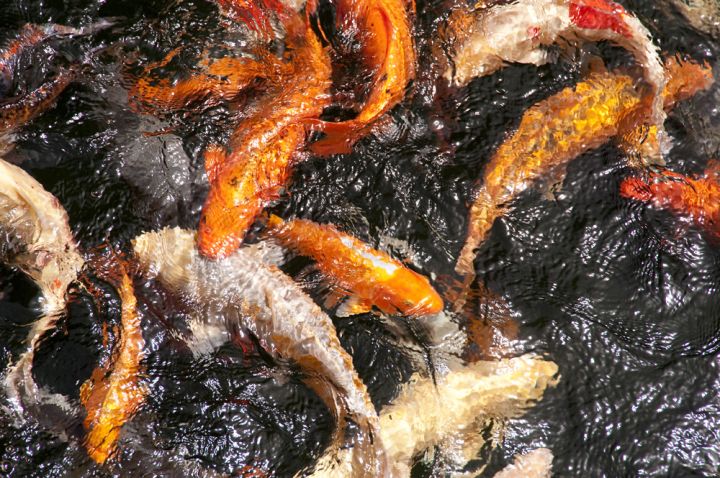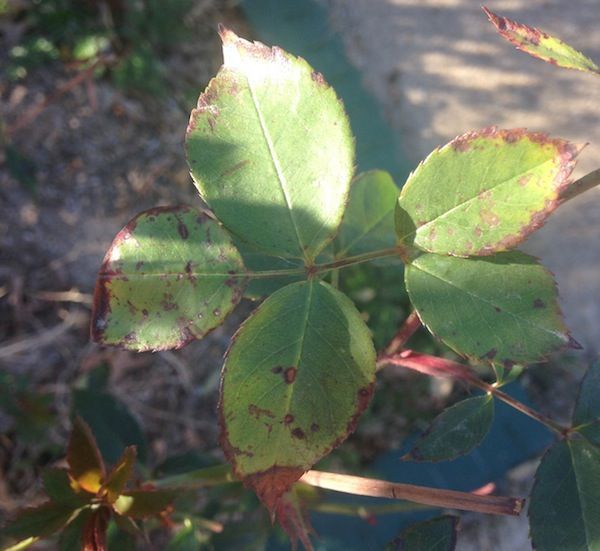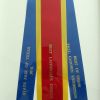Horticultural Oils for Winter Pest Control
December 16, 2015 | By webadmin
We are so fortunate we have a 12-month garden season here in North Texas. But, that means we have to maintain and manage our landscapes all year long, including winter. Did you know that certain aggressive pests overwinter and multiply in our climate? Pests such as scale, aphids, leafhoppers, leafrollers, mealybugs, mites, and tent caterpillars overwinter in the bark and on branches of trees and shrubs in our landscapes. In order to stem their spread, it’s often necessary for us to apply treatments to plants mid-winter.
What is horticultural oil?
Horticultural oils are made in a couple of ways: Some horticultural oils are very refined petroleum oils that have had harmful impurities removed. Others are plant extracts. Horticultural oils are safe to use around wildlife and reptiles, but if you have a water feature that holds fish, it is recommended to be covered when oils are sprayed.

Have fish in a pond? Cover before applying oil treatments.
How are horticultural oils used?
Horticultural oil sprays are applied directly to trees and shrubs over bark and leaves. The oils suffocate the insects that hide and breed in the cracks and fissures by covering their breathing tubes or by penetrating into their internal cells and destroying them. If you have hollies, red or live oaks, pecan or maple trees, they’ll benefit greatly from an application of horticultural oil as they are very susceptible to scale.

Horticultural oils can also be used to prevent the spread of fungal diseases.
When can I use horticultural oils?
Winter is the optimal time to apply horticultural oils to trees and shrubs. Why? Because oils can sometimes burn foliage when temperatures are hot or sunlight is strong. While you can use horticultural oils during summer months, you must be more careful. Plus, winter is the optimal time to treat for scale insects as they often breed over winter months and thus are more susceptible to treatment. January is the time to put horticultural oil treatments on your garden calendar.
Now is the time to call and get on our maintenance schedule if you’d like help with this winter landscape maintenance task. For the DIY’ers out there, be sure to talk to the experts at your local garden center for tips on the right timing and application of horticultural oils.
